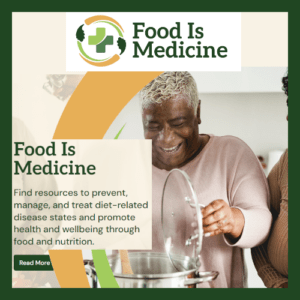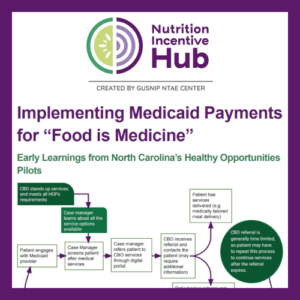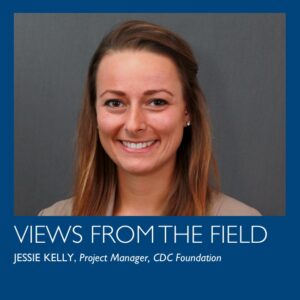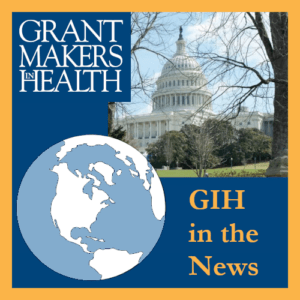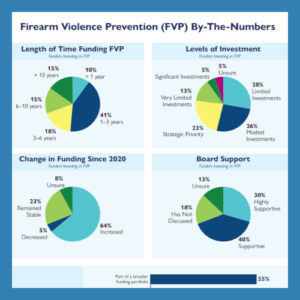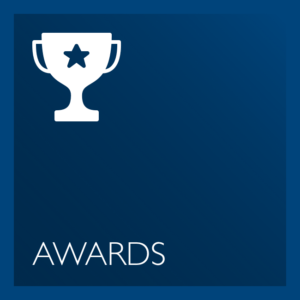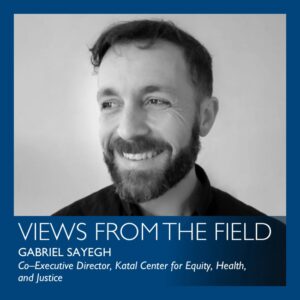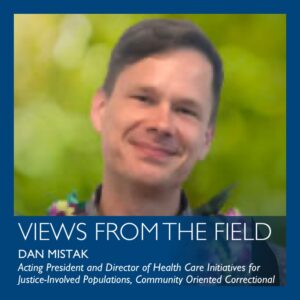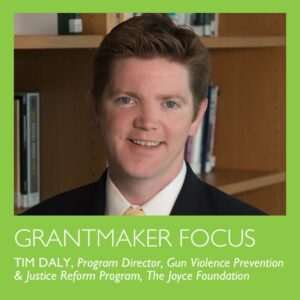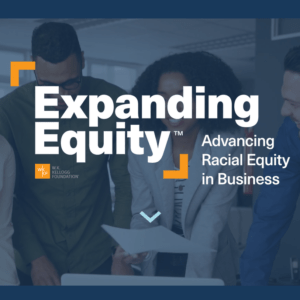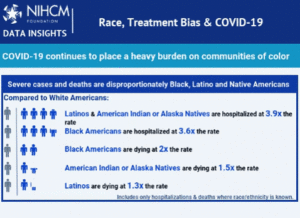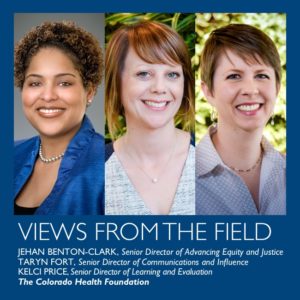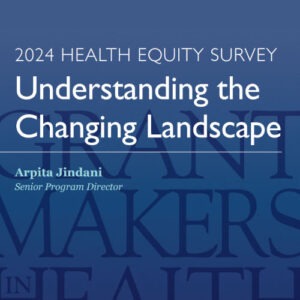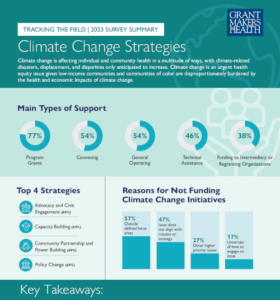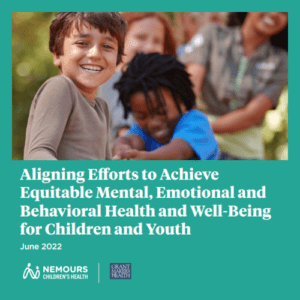Upcoming Events
Past Events
Featured Resources
New America Report Examines Subminimum Wage for Disabled Workers
Under the Fair Labor Standards Act, employers are allowed to pay disabled workers less than the federal minimum wage, which has significant impacts on these workers’ health and well-being. A report from New America examines, state by state, the policies that drive the use or elimination of the subminimum wage, as well as the programs each state provides to more comprehensively support individuals with disabilities as they seek meaningful employment and fair wages.
HHS Launches New Food is Medicine Virtual Toolkit
The Toolkit was developed in response to the National Strategy on Hunger, Nutrition, and Health and to support communities design and implement effective Food is Medicine interventions.
Case Study Examines Early Learnings in Using Medicaid Payments for Food is Medicine
A new resource commissioned by the Fair Food Network examines the early learnings from the Healthy Opportunities Pilots effort in North Carolina to use federal 1115 Medicaid Demonstration Waiver funding to scale and sustain community-based implementation of a combination of produce prescription programs, medically tailored meal programs, and nutrition education.
Explore Health Equity and Social Justice Topics
Recent Items - Climate and Environmental Health
Recent Items - Health Equity
Recent Items - Healthy Eating/Active Living
Recent Items - Housing
Marin Community Foundation: October 2024
Horizon Foundation: September 2024
Recent Items - Justice Reform
Recent Items - Social Determinants of Health
Marin Community Foundation: October 2024
Recent Items - Violence Prevention
The Joyce Foundation
Latest Resources
Advancing Racial Equity in the Corporate Sector
The W.K. Kellogg Foundation has launched Expanding Equity, a new program to transform corporate workplaces into more equitable places of opportunity.
What Coloradans Experienced in 2020
A new Colorado Health Foundation poll reveals that the consequences of 2020 have not fallen on Coloradans equally. Read the foundation’s blog posts on the perspectives and experiences of Black Coloradans, Hispanic and Latino/x Coloradans, and Coloradans living on lower incomes, and use an interactive dashboard to dig deeper into the data.
Race, Treatment Bias, and COVID-19
This new infographic from NIHCM Foundation explores the history of racial bias and discrimination in health care and during the pandemic, outlines short-term strategies to narrow disparities from COVID-19 and respond to vaccine hesitancy, and highlights long-term strategies to address systemic racism and improve health outcomes.
Weaving DEI Into a Foundation’s Everyday Work
At The Colorado Health Foundation, we are relentlessly committed to advancing health equity and believe it exists when there are no avoidable, unfair or systemically-caused differences in health status. To live into this, we have implemented principles of diversity, equity and inclusion into our vision and cornerstones, and our daily operations. While we are not experts, we can offer a glimpse of what some of this experimentation looks like in practice in our grantmaking, evaluation, and communications functions.
New York State Health Foundation: November 2020
a new report analyzes issues related to food scarcity in New York State during the initial months of the coronavirus pandemic, finding that 1 in 10 households experienced food scarcity.
From Citizen-Led Ballot Initiative to Community-Centered Solutions for Mental Health and Substance Misuse
Our mission is to address Denver’s mental health and substance misuse needs by growing community-informed solutions, dismantling stigma, and turning the community’s desire to help into action. In less than one year of operation, we have funded 41 organizations and five City agencies and provided $17.3 million in funding to the Denver community.
Reports and Publications
2024 Health Equity Survey: Understanding the Changing Landscape
In 2024, Grantmakers In Health (GIH) surveyed its Funding Partners to understand how their health equity work has evolved. The survey consisted of 40 questions including demographic information, program focus areas, partner engagement, organizational strategy, priority population, successes, and challenges. This report summarizes findings from the Health Equity Survey titled, “Understanding the Changing Landscape.”
2023 Survey Summary: Climate Change Strategies
This infographic summarizes the responses to a Grantmakers In Health funder survey, conducted in May and June 2023, on how philanthropy is addressing climate change, and the barriers and opportunities that exist to support climate-related efforts.
Aligning Efforts to Achieve Equitable Mental, Emotional, and Behavioral Health and Well-Being for Children and Youth
This report issues a call to action for philanthropic organizations and public-sector partners that are ready to move forward in improving mental, emotional, and behavioral health. It describes existing philanthropic and federal initiatives and offers a potential portfolio of aligned strategies for private- and public-sector partners to consider.
Strengthen your knowledge, skills, and capacity.
GIH focuses our programming around five areas that are critical to achieving better health for all.
We invite you to explore the resources available on our focus areas pages, browse content in more specific issue areas, and to connect with GIH staff to discuss how we can partner and support your work.


